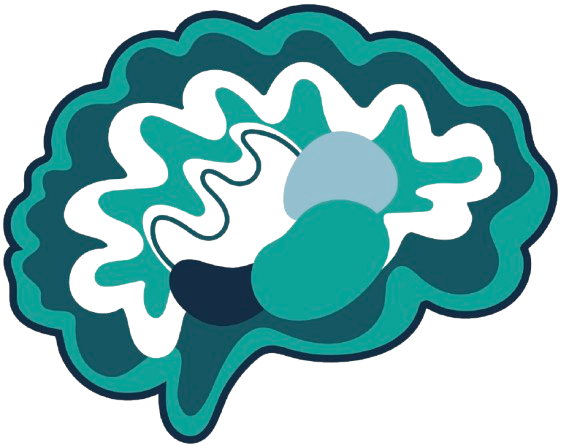


Unlocking Cognitive Potential
Neuropsychological Evaluation
Comprehensive evaluations to identify and understand the underlying causes of neurocognitive, learning, attention, academic, and behavioral challenges in children, adolescents, and young adults.
Understanding Pediatric Neuropsychological Evaluations
Neuropsychological evaluations delve into the complexities of brain function and its impact on learning, behavior, and emotions.
We integrate developmental history, observations, and detailed assessment data to create a comprehensive understanding of an individual’s cognitive profile.
These evaluations go beyond diagnosis, uncovering the ‘why’ behind challenges and providing actionable recommendations.

A Comprehensive Approach
Attention & Executive Functioning
Assesses focus, planning, and problem-solving abilities.

Learning & Memory
Evaluates how information is acquired, retained, and recalled.

Language & Communication
Examines verbal comprehension, expression, and social communication skills.

Visual-Spatial Skills
Measures the ability to perceive visual spatial information and recall visual spatial information across contexts.

Social-Emotional Functioning
Explores emotional regulation, social interaction, and behavioral patterns.

Processing Speed
Determines the efficiency with which information is processed.

Contact Us for a Neuropsychological Evaluation
Gain a deeper understanding of your child’s cognitive strengths and needs. Contact us today to discuss your concerns and schedule an evaluation.

Who benefits from a neuropsych. evaluation?
- Children with learning disabilities or academic difficulties
- Individuals with attention-deficit/hyperactivity disorder (AD/HD)
- Those with developmental delays or disorders
- Individuals with acquired brain injuries or medical conditions affecting cognition
- Those experiencing social, emotional, or behavioral challenges

Why choose NECCA?
-
Expertise: Dr. Kelly’s extensive training and experience in pediatric neuropsychology
-
Personalized Approach: Tailored evaluations to meet the unique needs of each individual
-
Collaborative Process: Respectful and collaborative partnership with parents and caregivers
-
Comprehensive Insights: Detailed reports with clear, actionable recommendations
-
Smooth Experience: A streamlined process designed to minimize stress

Contact Us for a Neuropsychological Evaluation
Gain a deeper understanding of your child’s cognitive strengths and needs. Contact us today to discuss your concerns and schedule an evaluation.

